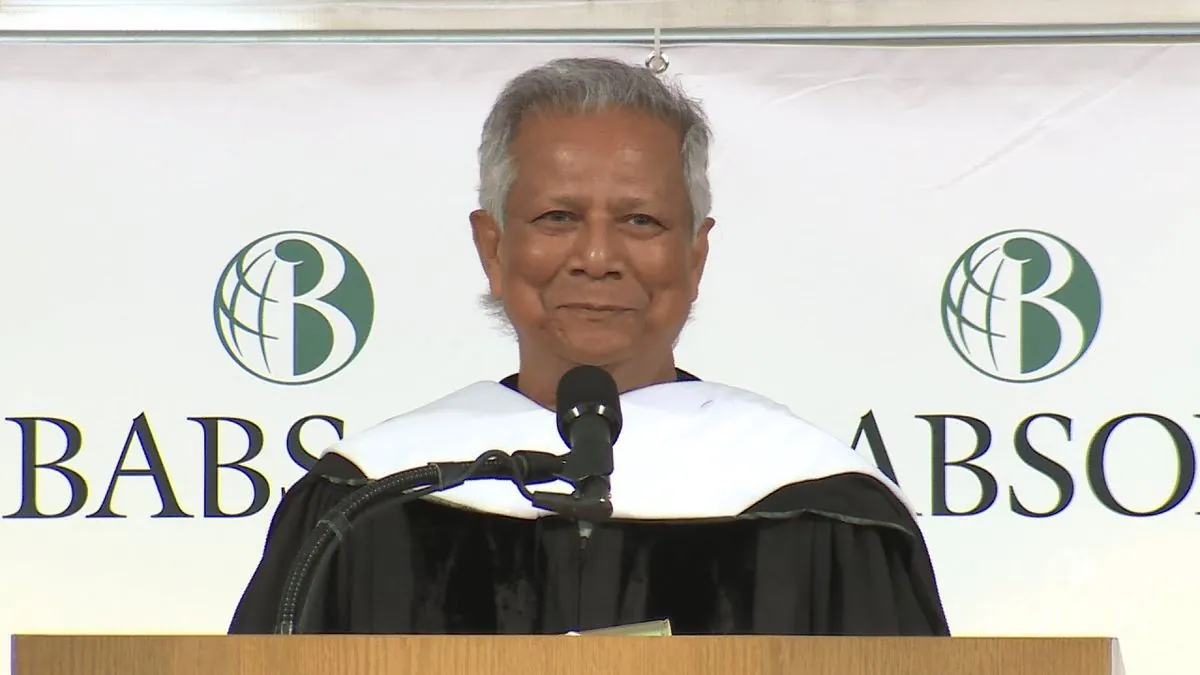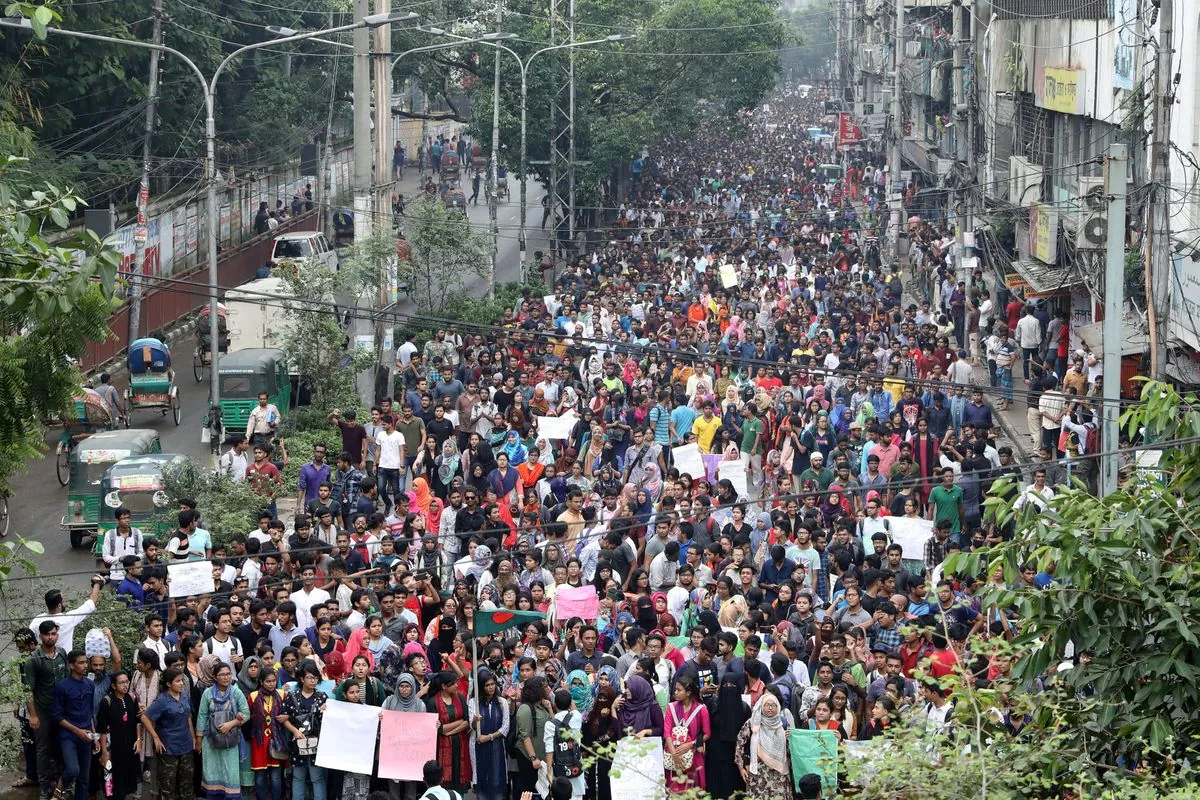Bangladesh Appoints Nobel Laureate to Lead Interim Government Amid Crisis
Bangladesh's president names Muhammad Yunus as interim leader following PM's resignation. Student-led protests result in new government formation, with elections expected soon.

In a significant turn of events, Muhammad Yunus, the renowned Nobel Peace Prize laureate, has been appointed to lead Bangladesh's interim government. This development comes in the wake of Prime Minister Sheikh Hasina's resignation and subsequent departure to India, following a period of intense student-led protests.
The uprising, which began as demonstrations against public sector job quotas for war veterans' families, escalated into widespread unrest, resulting in approximately 300 fatalities and thousands of injuries over several weeks. The situation culminated in the army chief's televised announcement of Hasina's resignation on August 5, 2024.
President Mohammed Shahabuddin officially named Yunus as the interim government head on August 6, 2024, addressing a key demand of the student protesters. The remaining members of the transitional administration are expected to be finalized by August 7, 2024, according to Nahid Islam, a prominent student movement leader.

The student movement has proposed 10-15 individuals for the interim government, including civil society members and student representatives. Additionally, Shahabuddin has recommended the inclusion of a veteran from Bangladesh's 1971 independence war in the new administration.
"We expect interim government members to be finalized in 24 hours starting from late Tuesday evening."
Yunus, who is currently in Paris for a medical procedure, is anticipated to arrive in Dhaka on August 8, 2024. His appointment marks a crucial step in addressing the ongoing crisis and paving the way for upcoming elections.
Bangladesh, a country with a population exceeding 160 million, has faced numerous challenges throughout its history, including political instability and vulnerability to natural disasters. However, it has also made significant strides in economic growth and poverty reduction in recent years.
As the nation navigates this transitional period, the interim government will be tasked with stabilizing the situation and preparing for elections. The outcome of these events will likely have far-reaching implications for Bangladesh's future political landscape and its ongoing development efforts.


































